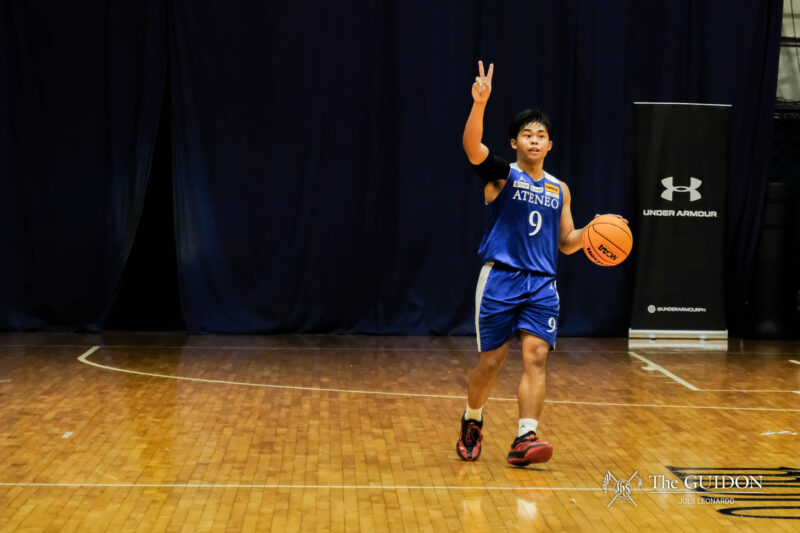PEOPLE OFTEN say that one’s identity is a spectrum. However, my experiences of discovering my identity exhibit more of a stifled rollercoaster—restricted from letting loose instead of freely radiating a bright and colorful spectrum.
I grew up in the borders of a province that almost touches the city. We didn’t necessarily live a very traditional lifestyle since the city was just a couple of minutes away by car. However, the behavior that comes to living in the province shaped my identity into habits that always conform to what is proper and decent.
I came from a private Catholic school in the province for my entire 15 years of basic education. When you think an education that teaches you about surrendering yourself to faith and religion will help you mold yourself into what your identity truly is, you’re only lying to yourself. I’ve found that this type of education and environment acts like a trap.
Catholic schooling made me feel like a caterpillar ready to shed out of my cocoon to be a butterfly, but I couldn’t get out. The conservative nature of my high school had restricted me from being free. Therefore, coming into a university, I felt like I was off a leash.
The environment was accepting and it was the first time I didn’t feel judged. I wanted to explore more of myself—I was finally free.
Little did I know that feeling free would result in another situation that would trap me in a different kind of prison. Living the Metro lifestyle as a queer person is as fast as getting a slot during enlistment for an in-demand class. It was the first semester of my first year when I experienced the whirlwind of culture shock in the Metro. As I lived far away from my family, I expected to be closer to myself.
However, I only became closer to the expectations that my environment wants queer people to conform to. In a span of a few months, I had immersed myself in a culture and environment not knowing what its downside might be. Though I had always expected myself to be highly involved in this scene, never did I expect that I’d be exposed to it this fast. The rush and adrenaline of living in the city makes it live in you, instead of you living in them.
I did not have a hard time adjusting when it came to the social aspect and forming circles of friends. The challenge came in adjusting and trying to fit in the small community built by the closeted homosexuals who forcefully impose a standard in order to belong with them. Even if the standard can be destructive of one’s sanity, we still try our best to succumb to it in order to have a common space with people we sexually identify with. In fact, despite the manic community that homosexuals built, the guys I met offline—despite being heterosexual—are far more hospitable than those who identify themselves the same way that I do.
Coming from the most liberating two years of my life in the city and being stuck back at home due to the pandemic has me walking on thin ice. I’ve been carefully examining every action that I make since the behaviors that I have exhibited in the city are not perceived acceptably at home. There is a huge difference with discovering one’s identity when living between these two opposite places.
Being restricted at home is a huge challenge to expressing one’s identity—like a locked rollercoaster, itching to let loose and be free. However, living at the Metro allows you to freely express yourself at the expense of surrendering one’s identity to the standards of what would please everybody.
It’s unfortunate to know that once you think something makes you freer, it confines and suffocates you more than it ever must be.







